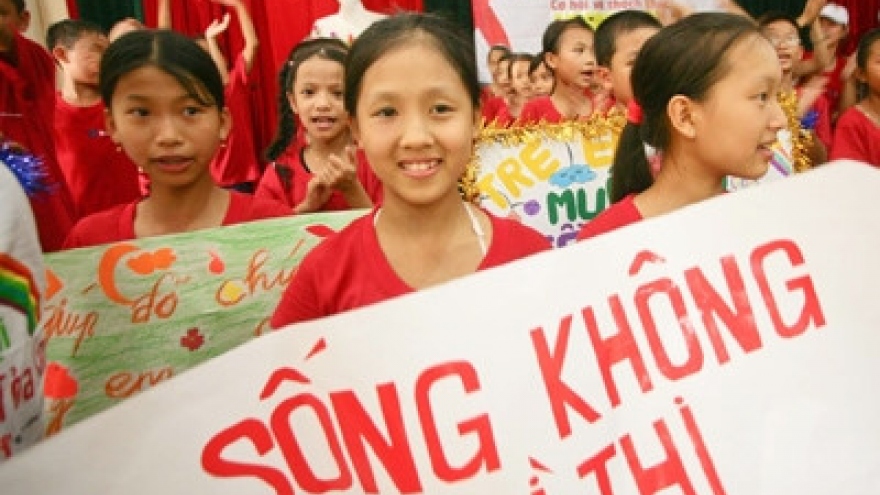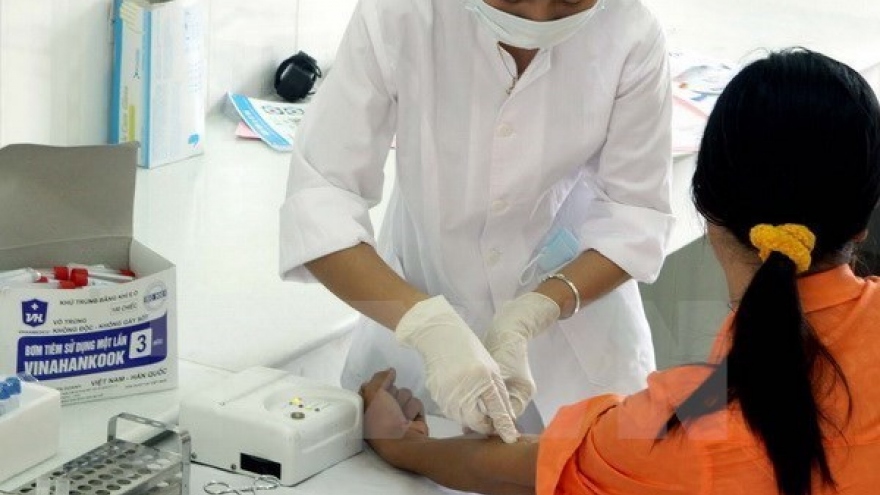Thailand successful in erasing mother-to-child HIV transmission
Thailand is the first Asian country to eliminate mother-to-child transmission of HIV, announced the World Health Organisation on June 7.
 |
This is a remarkable achievement for a country where 100,000 people were reported as living with HIV in 1990, with the figure reaching over 1 million only three years later.
Thailand has demonstrated to the world that HIV can be defeated, a WHO official commented.
Previously, Cuba was recognised to be the only country that eradicated mother-to-child HIV transmission to the WHO standard.
According to the WHO, free monitoring and treatment for expectant mothers living with HIV were key for Thailand in preventing the dangerous infection passing to younger generations.
Untreated, woman living with HIV have a 15-45% chance of transmitting the virus to their children during pregnancy, labour, delivery or breastfeeding. However, the risk drops to only over 1% if antiretroviral medicine is given to both mothers and children throughout the stages when infection can occur.
In 2000, Thailand was one of the first countries in the world to give free antiretroviral medicine to all pregnant woman living with HIV.
The Southeast Asian country reported that the number of infants born with HIV reduced to 85, or 2%, in 2015.
However, WHO experts also warned that many problems are still facing Thailand where about 500,000 are living with HIV and the number of newly-infected cases are rising among trans-gender and gay people.


